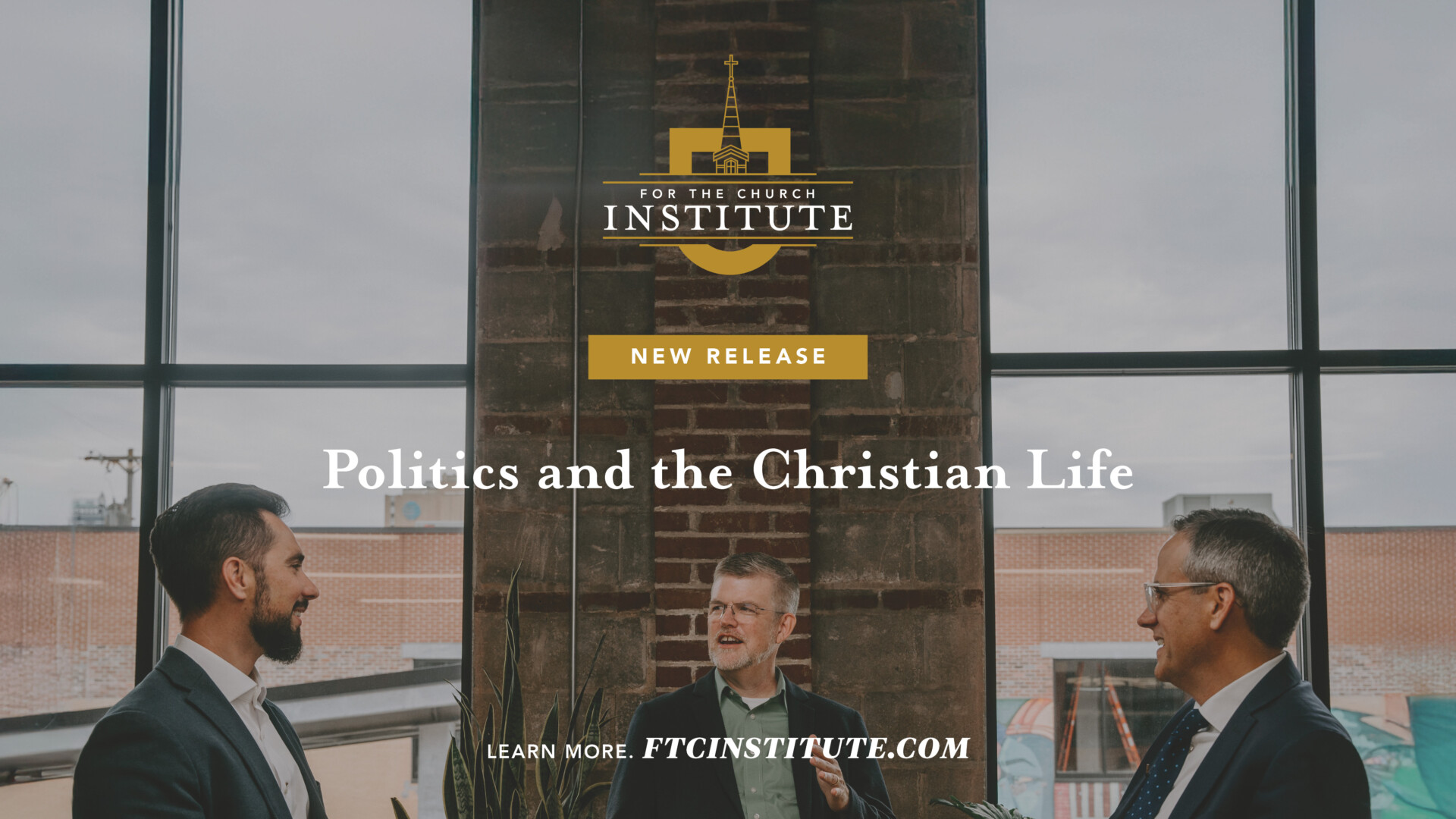This week, the blog is sponsored by Midwestern Baptist Theological Seminary. This article is adapted from Jason G. Duesing’s chapel message, “A Portrait of the End of Religious Liberty,” given during the Spring 2024 semester at Midwestern Seminary and Spurgeon College. You can watch the full message here.
The beautiful hymn in Philippians 2 tells of the humbling, sacrifice, and exaltation of Jesus Christ. And, it also tells us when religious liberty will end.
Paul reveals that a future day is coming when the name of Jesus will go forth and all creatures will bow and confess him as Lord. At this time, which Paul in 1 Corinthians 15:24 calls “the end,” Jesus will finally destroy death and see the complete fulfillment of Psalm 8:6, when all things are put in subjection under his feet.
Only on that day, the time of religious freedom will end. Everyone will bow and acknowledge the one true religion and one true God.
When we talk of religious liberty in the United States, we acknowledge its present fragility, and, to be sure, as long as we have religious liberty, it is worth defending.
When we can hold onto the present and future glory of God as the reason why religious liberty is worth defending, we can adjust our thinking about what religious liberty is and why it matters.
Jason G. Duesing
However, should believers find their liberties removed or suppressed in the days ahead, we should recognize that we will not really reach the end of religious liberty until Jesus returns.
Given this reality, how are Christians now to think about the purpose of religious liberty as something bigger?
In Philippians 2:11, Paul says that the universal submission of humanity to the lordship of Christ at the end of time takes place “to the glory of God the Father.”
This is “the end” goal, or bigger purpose, of religious liberty.
When we can hold onto the present and future glory of God as the reason why religious liberty is worth defending, we can adjust our thinking about what religious liberty is and why it matters. This adjustment allows us to step back and affirm:
- Our hope is that one day Jesus will be exalted on earth even while suffering continues, whether to us or to our brothers and sisters around the world.
- True faith cannot be coerced. The best cultural environment for faith to take root is one where there is religious liberty for all religions.
- One day true religious liberty will end and all knees will bow, whether they want to or not.
- Until then, the good news that Jesus is Lord is shared, with reasoning and pleading, while there still is time.
- It is worth proclaiming Christ even at the risk of security, safety, and rights—all for the glory of God.
This is the end of religious liberty.
Go deeper with Dr. Jason Duesing, Dr. Thomas Kidd, and Dr. Patrick Schreiner on the relationship between politics and the Christian life in Midwestern Baptist Theological Seminary’s newest free course through For the Church Institute, Politics and the Christian Life.










